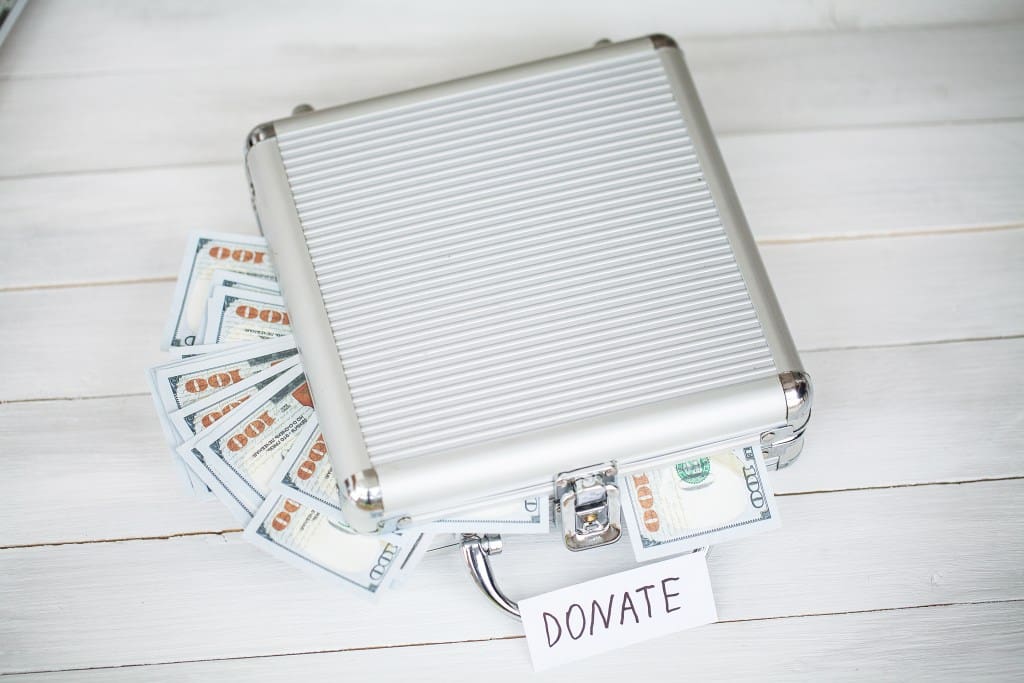Facing the inevitability of our own mortality is never a pleasant task, yet it is a crucial step in ensuring that our final wishes are honored and our loved ones are cared for. Surprisingly, approximately 70% of Americans have not yet drafted an up-to-date will, leaving their assets and legacies at the mercy of state laws. This article serves as a poignant reminder of the importance of creating a legally binding document that outlines how you wish your property and other assets to be distributed after your death.
As the saying goes, “Making a will is the best way to protect your loved ones and contribute to the people and causes you love the most.” By taking the time to prepare a will, you can ensure that your wishes are carried out, providing peace of mind for both yourself and your family. A will isn’t just for the wealthy; it is a vital tool for anyone who owns property, has minor children or pets, or wishes to support charitable causes.
In this article, we will explore the numerous benefits of having a will, from protecting your loved ones to leaving a lasting legacy through charitable donations. We will also discuss various options for including charities in your will, ensuring that your generosity continues to make a positive impact long after you are gone. Whether you are considering a specific gift, a percentage of your estate, or making a charity a beneficiary of your life insurance or retirement accounts, there are many ways to leave a meaningful legacy.
No one likes to think about dying, but it is necessary if you wish to have your final wishes carried out. Sadly, an estimated 70% of Americans have yet to write an up-to-date will. That’s why this is a perfect reminder of the importance of creating a written legal document describing how you would like your property, and other assets distributed after your death.
“Making a will is the best way to protect your loved ones and contribute to the people and causes you love the most.”
 There are many reasons to take a little time to prepare your will. Here are a few to consider.
There are many reasons to take a little time to prepare your will. Here are a few to consider.
Carry Out Your Wishes and Protect Your Loved Ones After Your Death
Dying ‘intestate,’ or without a will, leaves all your assets at the mercy of the court. State law would decide how your assets are distributed. Expressing your wishes in a will is essential because it ensures your loved ones will receive what you want them to.
Wills Provide Peace of Mind for Yourself and Your Family
Writing a will is crucial, no matter your socioeconomic status. Many people assume a will is not important if they are too young or not wealthy, but everyone should have one. “A will isn’t just for passing along your property; it’s also for naming caretakers for your pets, choosing guardians for minor children, and designating charitable donations.”
Consider how much you own. Most people own a home, cars, furniture, clothes, books, or sentimental items. If you do not decide and record your wishes ahead of time, your loved ones will be left to sort things out for themselves. An ironclad will assure there will be no family conflict or confusion and makes sure all that you own goes where you want it to. In addition, writing a will is an excellent way to provide for minor children or pets. A will also lets your family know they are fulfilling your wishes. The time following a loved one’s death can be challenging for them and a will removes a lot of pressure and stress.
 Leave a Legacy With Your Will
Leave a Legacy With Your Will
Many people have causes or charities that are dear to them. Naming a charity, like FARM, in your will is a great way to positively affect things that matter to you long after you pass away. Donations may come in the form of cash, stocks, real estate, or other assets. One in five people who make a will leave gifts for charity. You can include charities in a few ways in your will.
Bequest Through a Will or Trust
One of the most popular ways to donate to a charity after your death is a bequest made through your will or trust. There are several methods to consider:
– Specific Gift: Designate a specific dollar amount or asset you want to go to your charity.
– Percentage Gift: Leave a percentage of your estate to your selected charity.
– Residual Gift: Gift the balance or residue of your estate after your family and friends have been taken care of.
– Contingent Gift: Make your charity a beneficiary in case your primary beneficiary passes away before you.
Beneficiary Designations
You can make your charity a beneficiary of your life insurance or retirement accounts.
IRA Charitable Rollover Gifts
Donating to a charity, like a vegan-friendly animal rights charity, can lower the income and taxes on your IRA withdrawals after the age of 72.
In any case, ensure you have included all relevant information regarding your charity of choice to ensure they receive your gift. Include the charity’s full legal name and taxpayer identification number. This is vital as many charities have similar names. You want your donation to go to the appropriate organization.
If you are allocating certain accounts, some experts suggest leaving a certain percentage rather than a specific dollar amount, as accounts may fluctuate in value. This will ensure that everyone included in your will is given an appropriate amount of your choosing.
“You do not have to be wealthy to leave a charitable bequest. It is not about the dollar amount. It is about leaving a legacy for a charity or organization that may be of significance to you.” AARP
 Low Cost or Free Will Creation Options
Low Cost or Free Will Creation Options
Writing a will does not have to be expensive or time-consuming. Technology offers easy access to high-quality, legally-binding will forms online, without the cost and time associated with hiring a lawyer. Many sites provide low-cost or free options.
The FARM website has several will creation samples you can follow when writing your will. It also contains links to Freewill, a free online website created to walk you through the will-writing process at no charge. Over 40,000 people used FreeWill last August for ‘Leave a Will Month’ to make their wills, leaving $370 million to charity.
Notice: This content was initially published on TheFarmBuzz.com and may not necessarily reflect the views of the Humane Foundation.

 Leave a Legacy With Your Will
Leave a Legacy With Your Will Low Cost or Free Will Creation Options
Low Cost or Free Will Creation Options

